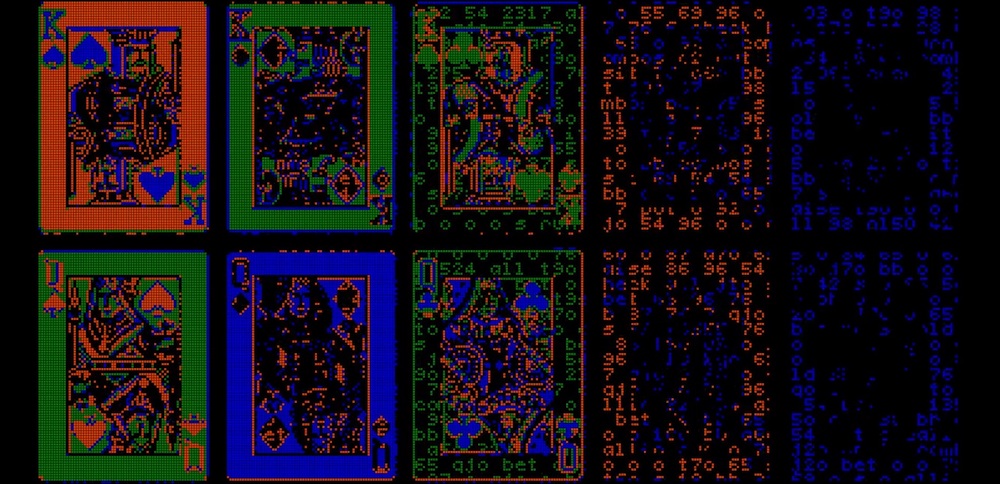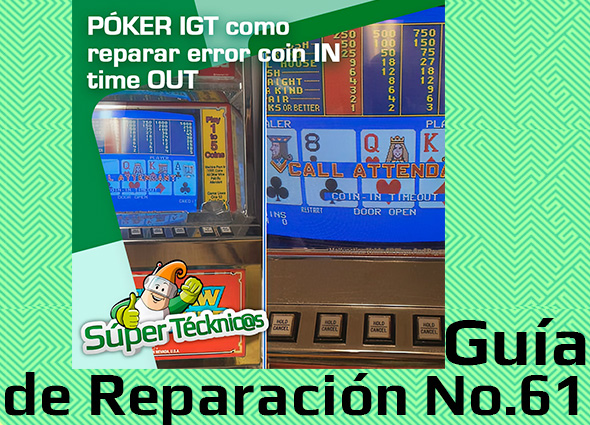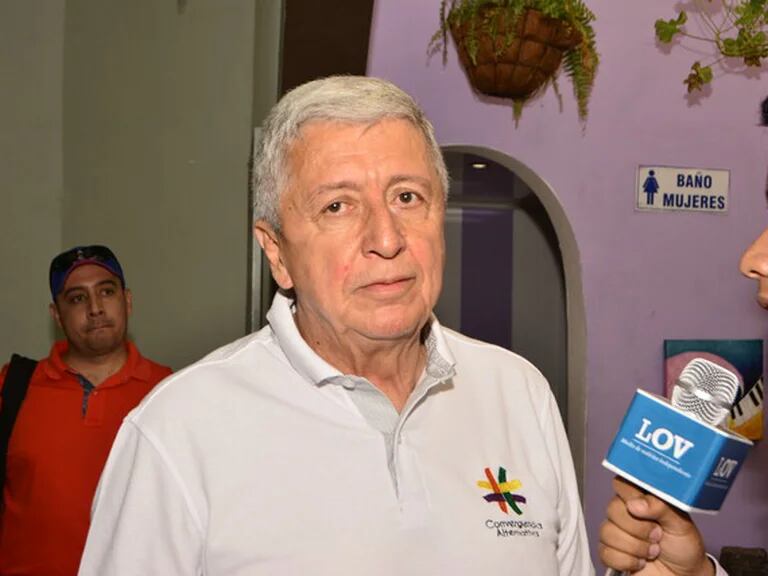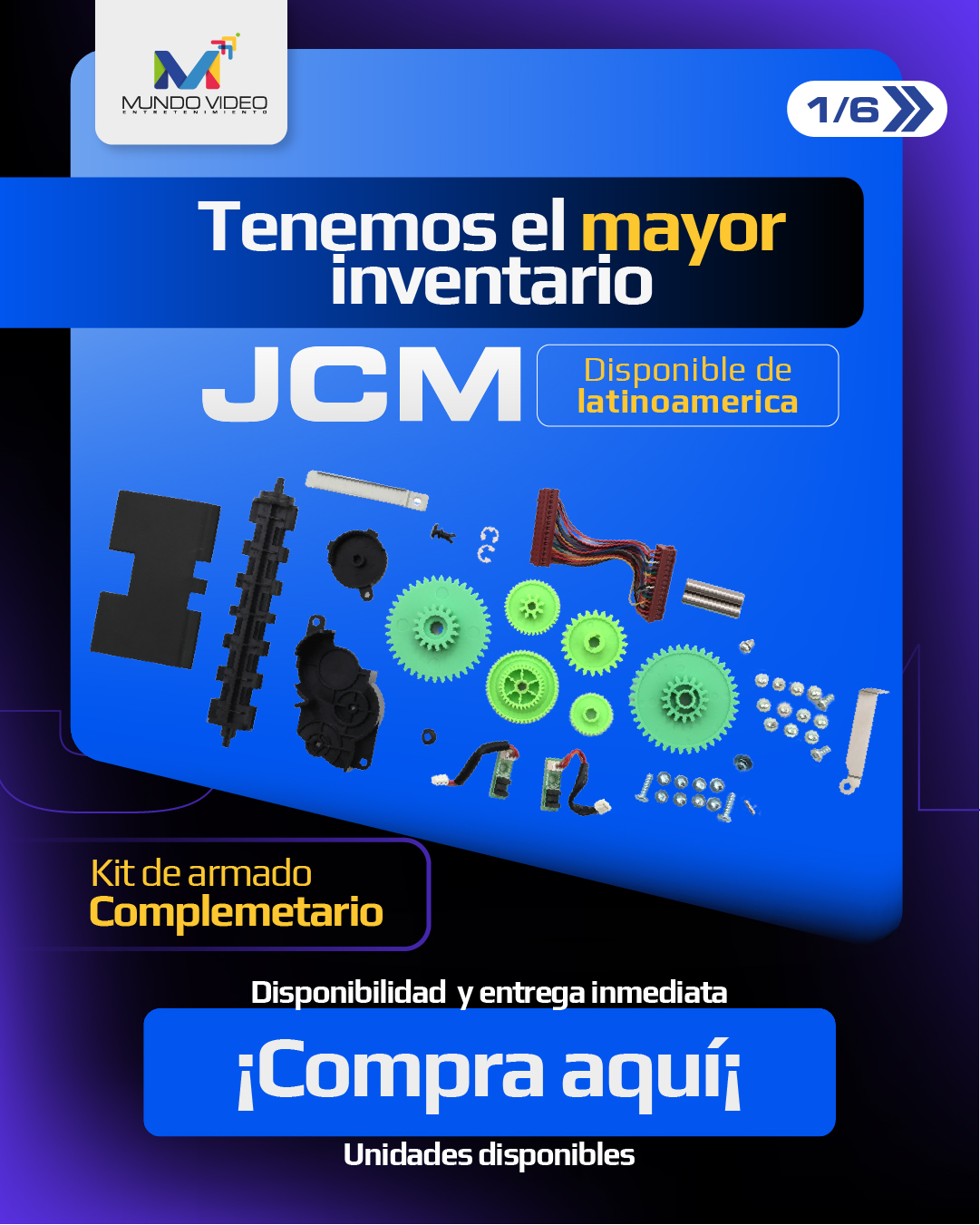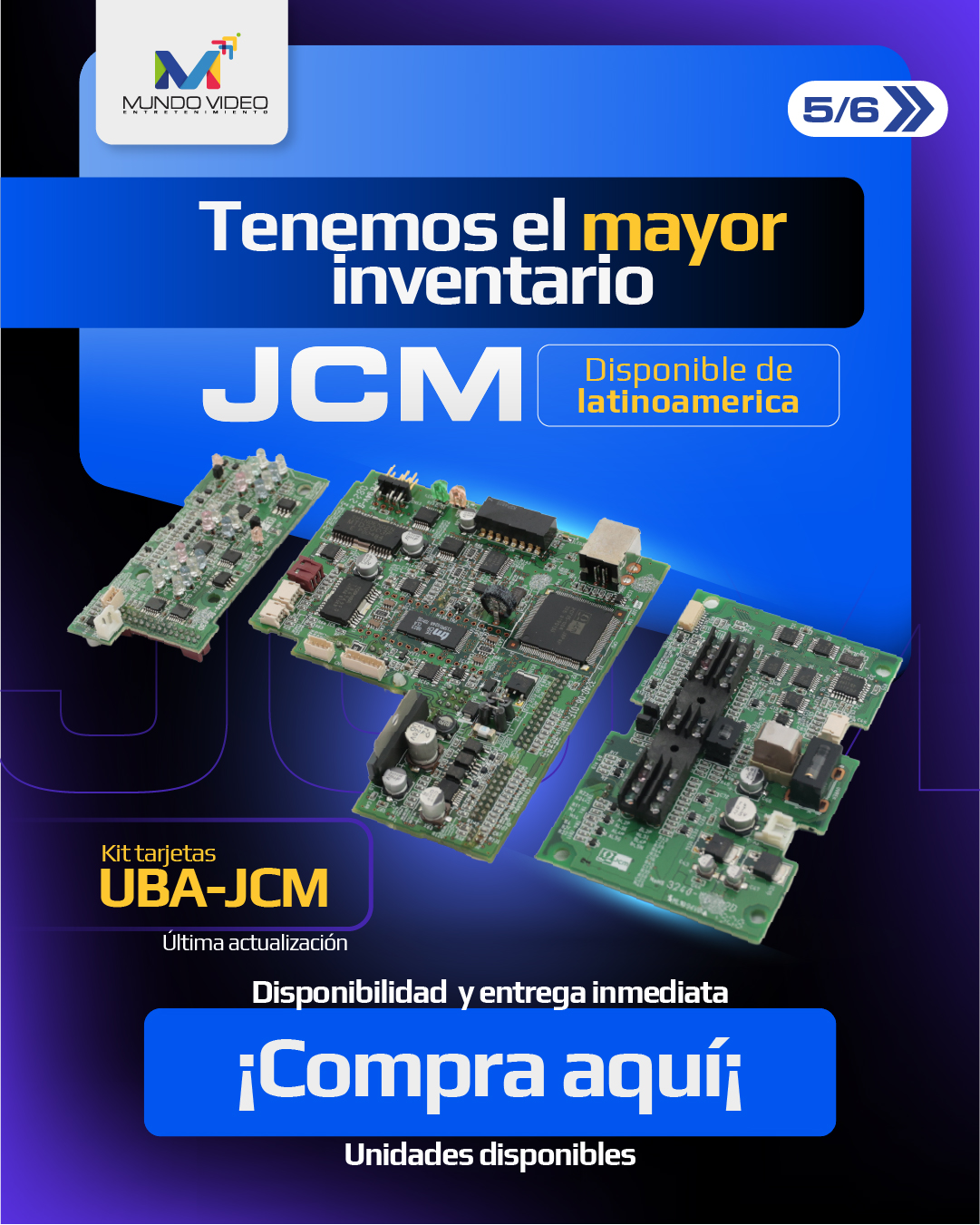Two men, suspected of having scoured European casinos using a nearly undetectable cheating system, were arrested on the night of Sunday 28 to Monday 29 July at the Enghien-les-Bains casino in Val-d'Oise. These arrests, reported by franceinfo, reveal a meticulously orchestrated operation by the French authorities to dismantle this network of professional cheaters.
The two suspects, originally from Latvia and Ukraine and aged around sixty and forty respectively, were indicted for organized fraud and placed in pre-trial detention. They are accused of having fraudulently pocketed several tens of thousands of euros per evening in various European casinos, thanks to a sophisticated and almost impossible to detect cheating technique.
French authorities have set up a surveillance system to catch cheaters in the act. According to initial findings from the investigation, these two men were part of a network of professional cheaters who operated in numerous casinos across Europe.
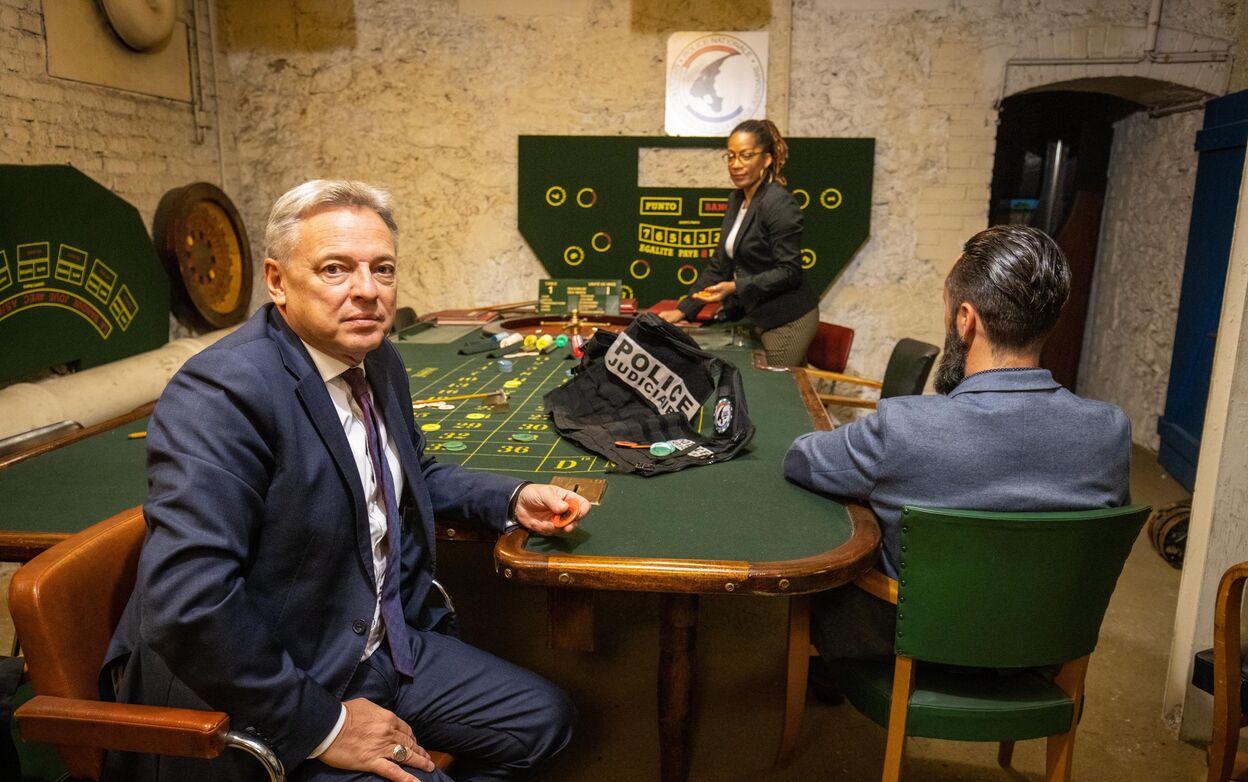
Commissioner Stéphane Piallat, head of the central racing and gaming department (SCCJ) at the national directorate of the judicial police (DNPJ), explained that investigators had uncovered an extremely well-oiled cheating system, precisely documented thanks to a key piece of information.
A perfected scheme During their arrest, the police surprised one of the suspects in action at a poker table in the Enghien-les-Bains casino.
This man was equipped with a tiny earpiece, so discreet that it could only be removed with a magnet. This earpiece allowed him to receive gaming instructions from an accomplice, posted in a car outside the casino. The scheme worked using a camera hidden in the player’s phone, which was laid flat on the poker table.
Unlike the cameras on regular smartphones, which film upwards or downwards, this camera was oriented to the side, thus making it possible to capture the cards dealt by the dealer. The images were transmitted in real time to the accomplice outside, who then sent instructions to the player via the earpiece. This ingenious device allowed the suspects to systematically win considerable sums of money each night.
A search of the accomplice’s car and their hotel room revealed numerous access cards to various European casinos, confirming the extent of their operations. According to a source close to the case, the two men managed to fraudulently win several tens of thousands of euros per evening thanks to this sophisticated cheating system.
Commissioner Piallat stressed that this case should encourage casinos to strengthen their security measures to prevent this type of scam. He said: “We have been able to document in detail a unique cheating system. This case should allow casinos to take steps to ensure that this type of scam can no longer take place by taking appropriate measures.”
This case highlights the challenges casinos face in their fight against professional cheaters and underlines the importance of vigilance and innovation in security measures to protect the integrity of gambling.























